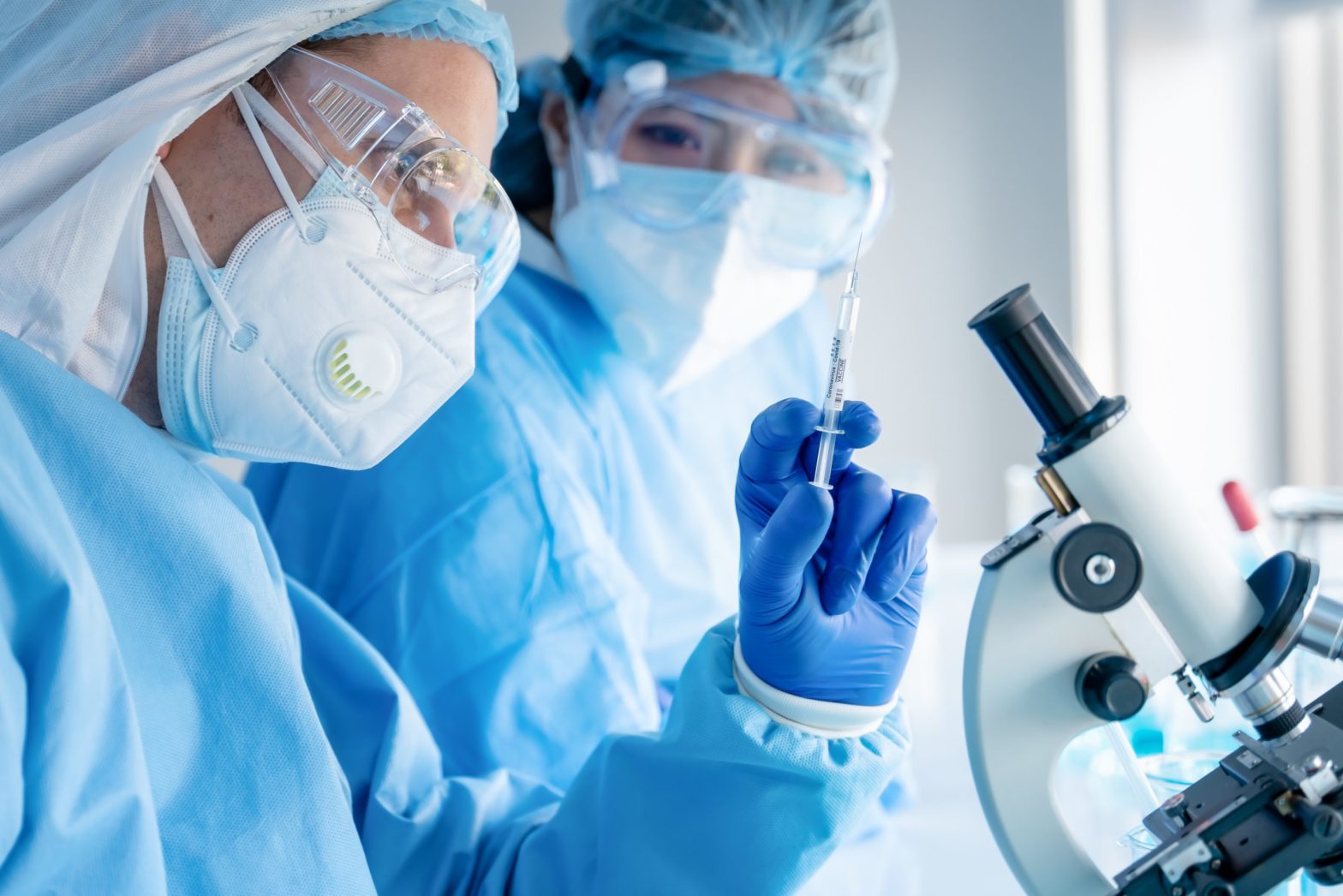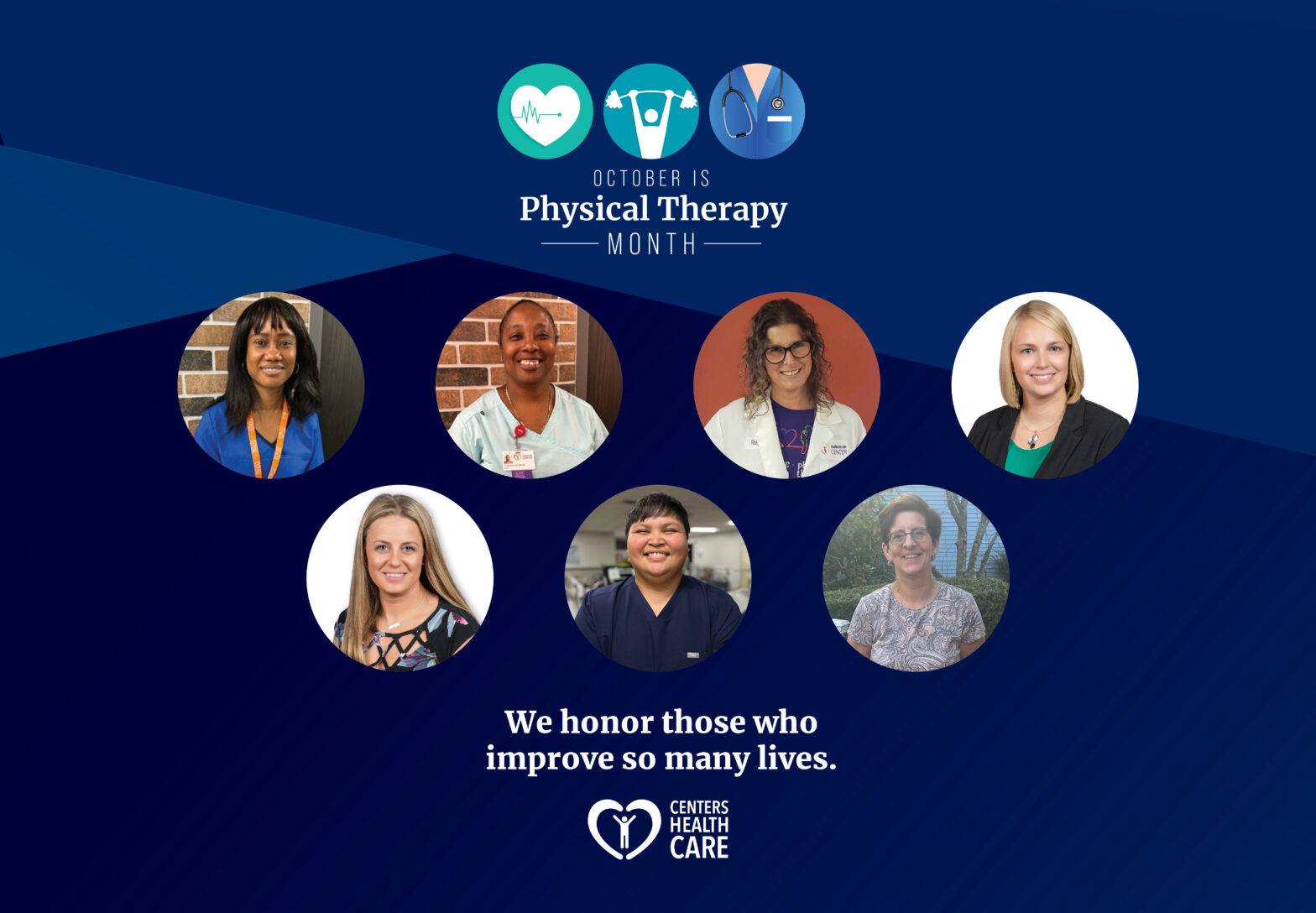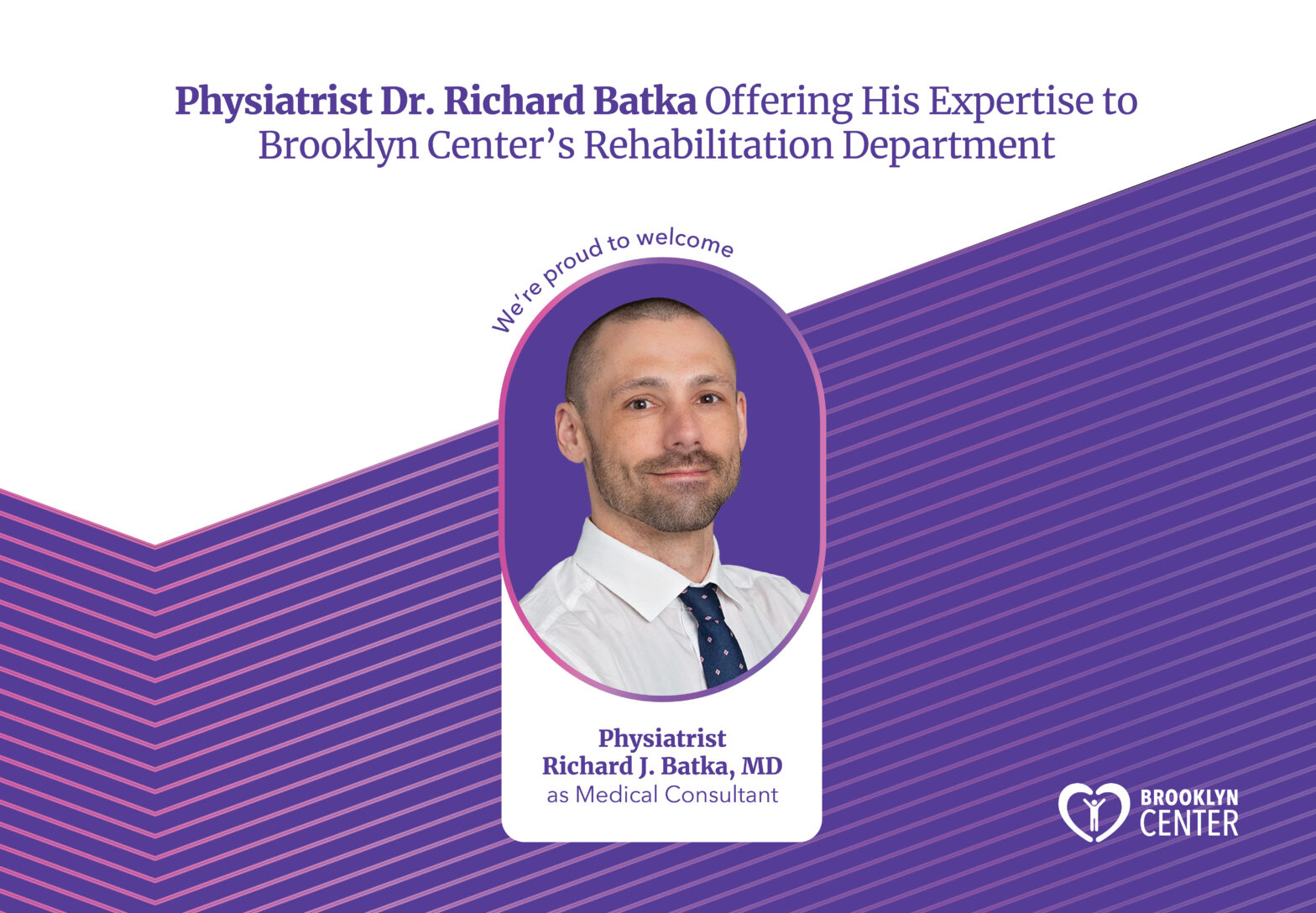August 14, 2020
Center’s Health Care on What You Need to Know About the Race for a COVID-19 Vaccine

As the effects from the COVID-19 pandemic continue well into its fifth month in the United States, it’s becoming increasingly clear that a vaccine is the only way life will get back to how we remembered it before March 2020.
Hundreds of companies are in the process of developing the quickest vaccine in medical history, which of course leaves people with lots of questions.
Centers Health Care has the answers to frequently asked questions about the impending coronavirus vaccine.
How Will the COVID-19 Vaccine Work
Based on clinical trials that have already occurred, the vaccine allows the body to produce antibodies that will protect the body from the virus if it is exposed to it. In those early trials, the main side effects reported were soreness at the injection spot, fatigue, headache, and mild nausea for about 24 hours.
When Will It Be Ready?
This is the million-dollar question. If large clinical trials that are already underway are successful, experts believe a vaccine will be ready to be administered at the very end of 2020 or the beginning of 2021.
Who Will Get the Vaccine First?
It hasn’t been determined, but the vaccine will not be available to everyone on day one. It’s likely that healthcare workers will be the first to receive it, and there are several options from there on who will be after that.
Are There Concerns the Vaccine Has Been Created Too Quickly?
Scientists are balancing the need for the vaccine with the safety that’s required for it to be successful. Even so, vaccines typically take anywhere from 5-15 years to be developed, and if all goes well, this will be in the marketplace less than a year before the pandemic began. The FDA has put the same regulations on any potential COVID-19 vaccine that they have on a vaccine for any other disease.
How Long Will the Vaccine Protect You?
This is another question that doesn’t have a firm answer yet. Some people who were infected in the early stages of the pandemic have lost antibodies when tested, so there is a question on if a person can be re-infected and if any secondary infection would be as severe. Only time will answer this question as testing continues and more becomes known about this virus.


